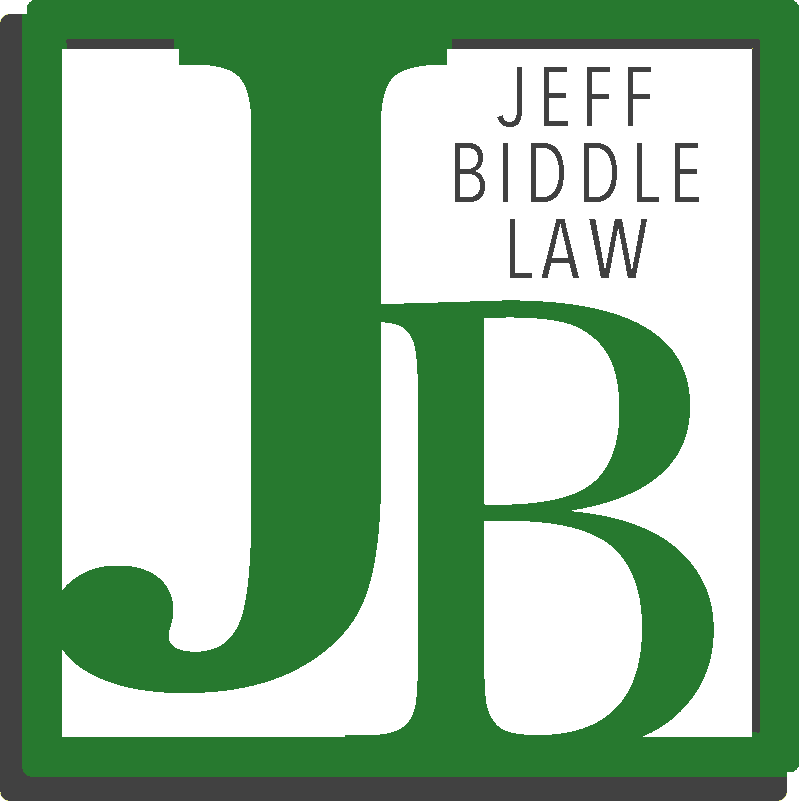Income Tax Debt and the IRS
They say that there are two things that you can’t avoid in life: DEATH and TAXES. While we haven’t found a way to avoid death yet, the personal income tax debt can be effectively managed and often discharged in bankruptcy. If your bank account has been frozen, your wages are being garnished, you have entered into a payment arrangement with the tax man or even just received a notice from your state or the IRS, then I can have your bank account and wages released. In most cases, I can file for protection the same day you call me.
It is illegal for the Internal Revenue Service to attempt tax levies, wage garnishment, bank account garnishment or any kind of seizure of your property after you file for chapter 13 or chapter 7 bankruptcy protection. The same protections hold true if you owe the Arizona Department of Revenue or other state tax agencies, and if you owe county or city taxes as well.
The law on which tax debts are forgiven and which you will have to pay are complex and there are many exceptions to rules: but in general, if you filed your tax returns at least two years ago and the tax debt is for years that are over three years in the past, then that tax debt may be discharged in bankruptcy. Interest and penalties often stop when you file chapter 13 or chapter 7; and in many cases, penalties will be waived or reduced.
Should I File Personal Tax Returns Before Submitting Bankruptcy?
In short, YES!!! There is simply no reason to delay in filing your taxes until after you file for bankruptcy. After the decision is reached to file an Arizona bankruptcy petition, Debtors must provide copies of their most recent year’s tax returns unless you are not required to file. Filing tax returns before submitting a bankruptcy petition is always advised for the following reasons:
- IRS often assesses significant penalties and interest when tax returns are not filed timely. Penalties and interest resulting from failure to file might not be discharged in the bankruptcy case. Further, if the IRS files a tax lien, you’re your property is then at risk. They even place liens on personal property!!!
- Personal tax owed does not go away after the individual files a bankruptcy petition. The tax bill continues to grow, even prior to the addition of penalties and interest. If the Arizona resident files a Chapter 7 case, taxes owed can affect decisions made by the court. If the individual files a Chapter 13 case with the court, taxes owed almost certainly affect the outcome. Specifically for Chapter 13 cases, taxes are considered priority debt and must be paid back in a Chapter 13 plan. If you haven’t filed taxes for a few years, then the clock has not started ticking on those deadlines and you’ll have to pay whatever you owe in your Chapter 13 Plan. Also, if you’re getting money back, the trustee will want that money.
- If your disposable income is insufficient to pay taxes and priority debts, the non-priority portion of the tax claim will be discharged. The claimant's last tax return must be filed with the Trustee. In Chapter 13 plans, the trustees often ask for just the most recent tax return. If you haven’t filed them, the IRS or State of Arizona will file a claim indicating that they have not received returns for those years and you’ll have to file them ASAP or sign an affidavit indicating that you were not required to file taxes for the years that you did not. If you have not filed all of your required complete tax returns, your case may be dismissed.
- When you submit tax returns and are due a tax refund, these monies may belong to the Chapter 7/Chapter 13 estates. The refund may be collected for creditors. If you file the return and spend the money before filing bankruptcy, the trustee will have no claim to that money.
Although personal tax owed is generally considered "not dischargeable" in bankruptcy, in some cases tax debt from prior years may be discharged. In order for an unsecured income tax debt (including penalties and interest) to be discharged in bankruptcy, the claimant must meet requirements outlined in sections 523 (a)(8) and 508 (a)(8) of the bankruptcy code.
Prior Tax Returns
According to bankruptcy law, in order for taxes to be dischargeable, they must have become due more than three years prior to the filing of a bankruptcy petition. For instance, if the individual owes income taxes for 2015, these would become payable to IRS on April 15, 2016, or more than three years ago. If the taxes were filed before the filing deadline, the requirement is met. In this example, the tax return for 2015 must have been filed with IRS at least two years prior to the filing of a bankruptcy petition. If the taxes were not filed until April 15, 2017, the taxes, in this case, could still be considered dischargeable. However, if the petitioner did not file the 2015 return until April 15, 2020, he or she would need to wait another two years (April 15, 2022) in order to file a bankruptcy petition and have those taxes discharged.
The law also states that tax returns must not be fraudulent, which is not the same as an inaccurate tax return. Human error or mistakes may prompt the individual to refile or amend a tax return.
Taxes must be assessed a minimum of 240 days prior to the filing of the bankruptcy case. In most instances, taxes are assessed at the time the individual files the return. However certain circumstances like a later IRS evaluation, audit, amendments, and corrections may create a later assessment of the tax return years after the taxpayer submits the return.
Other Things To Consider
The bankruptcy code states that if you cannot afford to pay his or her taxes on time, it is very important to file the return when it is due. The accuracy of the tax return is also essential. You should never estimate tax return data. The discharge of significant taxes owed requires the assistance of a qualified bankruptcy attorney. When you file your bankruptcy petition, correct inclusion of the tax debt on your schedules may help you discharge a large amount of tax debt.
Conclusion
Now all you have to worry about is DEATH. If you have tax problems, I have answers. I’m a bankruptcy attorney that practices in Arizona. I’ve had clients all over the state in cities like Chandler, Mesa, Tempe, Scottsdale, Apache Junction, Queen Creek, Phoenix, Peoria, Litchfield Park, Ahwatukee, Gilbert, Florence, Sedona, Lake Havasu, Peoria, Glendale, Fountain Hills, Avondale, Goodyear, and Cave Creek. While most of my clients reside in Maricopa and Pinal County, I can assist you with a Chapter 7 or Chapter 13 bankruptcy anywhere in the state. If you have questions, please don’t hesitate to call or email me.


